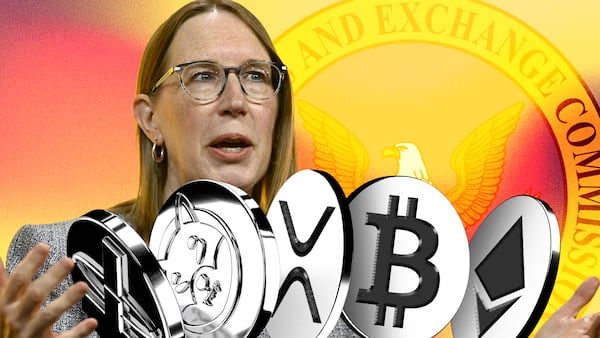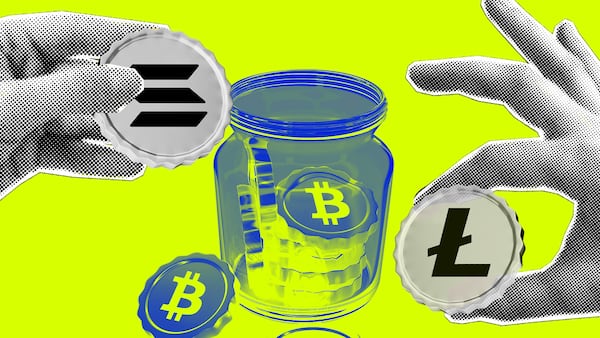- Gorbagana started with a X post concerning decentralisation.
- A pseudonymous developer created the Solana fork within 24 hours.
- It is currently in testnet.
A new blockchain that was jokingly launched last week as part of an online debate over decentralisation briefly hit a market value of $60 million.
The copycat blockchain, dubbed Gorbagana, originated from a satirical back-and-forth between crypto lawyer Gabriel Shapiro and Solana co-founder Anatoly Yakovenko over whether decentralisation can exist when one entity controls a protocol’s branding.
What began as a hypothetical scenario quickly turned real: developers cloned Solana’s codebase within 24 hours, launched a functioning blockchain, and issued a tradable token that drew millions in investment.
Though the blockchain is not yet live, it has processed over 14 million experimental transactions and drawn contributions from a growing group of developers.
Gorbagana: a joke that became real
The dispute began as a disagreement about what “decentralisation,” a lodestar in the crypto industry, really means in practice.
Shapiro contended that technical openness is not enough — branding, too, must be governed by neutral rules if a blockchain is to be meaningfully decentralised. His comments struck a nerve in an industry where projects often tout decentralisation while remaining tightly controlled by founding teams or corporations.
Yakovenko, whose company Solana Labs stewards Solana’s development, downplayed the role of branding.
“It doesn’t matter what people call Solana in China,” he wrote, “as long as they are using the same ledger.”
In reply, Shapiro issued a public challenge: imagine two identical versions of Solana — one with its existing name and visual identity, and another with none of its trademarks, rebranded as “Gorbagana” and represented by Oscar the Grouch. Which would the market value more?
Yakovenko took the idea further, telling followers he would be “severely disappointed” if such a chain didn’t exist within 48 hours. What followed was part performance, part community experiment.
Within a day, a group of pseudonymous developers spun up a working clone of Solana’s software, complete with a functioning blockchain and newly minted token. By then, Gorbagana had moved beyond mere satire.
Gorbagana blockchain
The first version of the Gorbagana blockchain and its token were launched by a pseudonymous developer who goes by MidTermDev.
But the project quickly ran into trouble. Within hours, the same developer launched an unrelated spin-off token called Baby Gorbagana, which collapsed almost immediately, plunging to a market value of just $8,000 and leaving investors with losses.
Shapiro publicly distanced himself from the fiasco, claiming he had no control over MidTermDev‘s actions. Shapiro reaffirmed his intention to fork, or copy, Solana properly and bring in a new team of publicly identifiable developers to meet the original 48-hour challenge.
To fund development, Shapiro on Thursday opened a donation wallet, which received $20,000 in its first six minutes and has since grown to nearly $40,000. Leadership of the project has now shifted to another pseudonymous figure, Sarv Shaktiman, with Shapiro describing his new role as “chairman-style,” offering guidance while stepping back from daily involvement.
Several crypto developers have already expressed interest in building applications for the new blockchain — an early show of traction that most new projects struggle to achieve without offering generous incentives or development grants.
Still in its first week, the project has already experienced a full market cycle. The Gorbagana token reached a peak valuation of $60 million on June 21, before falling to around $20 million by June 23.
Zachary Rampone is a DeFi correspondent at DL News. Have a tip? Contact him at zrampone@dlnews.com








